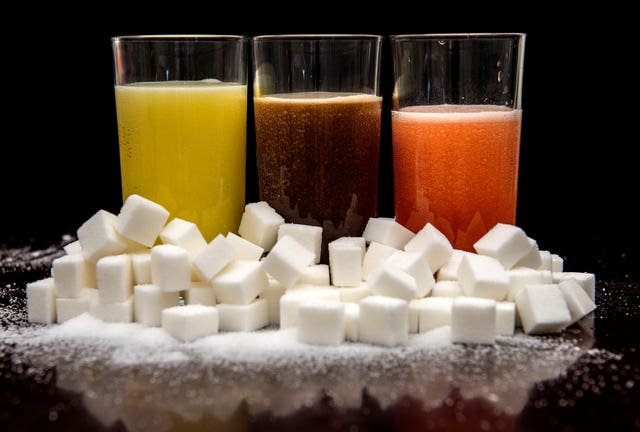
Thousands of diabetes patients are to be prescribed a “very low-calorie diet” after a smaller trial proved to be more successful than expected, NHS England has announced.
Part of the NHS Diabetes Prevention Programme (NHS DPP) will see up to 5,000 patients prescribed a liquid diet of just over 800 calories a day for three months.
The strict diet has been shown to put patients recently diagnosed with type 2 diabetes in remission while a quarter of participants in a recent study achieved a weight loss of 15kg or more.
Overall, the DPP – a lifestyle programme for people who are at risk of type 2 – will double in size to treat around 200,000 people a year.
The action forms part of the NHS long-term plan, which will increase focus on prevention as well as cure.
Data shows that the NHS #T2Diabetes Prevention Programme is reaching those most at risk.
Just under half of those taking up the programme are men and 25% of patients are from black, Asian and minority ethnic groups.
Find out more: https://t.co/Dc6KefXfqy #PreventingType2 pic.twitter.com/U9AjSWyXcu
— NHSDiabetesProgramme (@NHSDiabetesProg) November 29, 2018
The health service in England spends around 10% of its budget on treating diabetes, and it is hoped the move will not just improve the health of patients but also save the NHS money that can be reinvested in frontline care.
The nine-month DPP helps patients achieve a healthy weight, improve their overall nutrition and increase levels of physical activity.
The approach follows the Diabetes UK-funded DiRECT trial, where almost half of those who went on a very low-calorie diet achieved remission of their type 2 diabetes after a year.
A quarter of participants achieved 15kg or more weight loss, and 86% of these put their type 2 diabetes into remission.
A more recent trial of very low-calorie diets, DROPLET, demonstrated similar weight loss in obese people.
Hundreds of thousands of people will receive #NHS help to battle obesity and #Type2 #diabetes under radical action set out by Simon Stevens, Chief Executive of @NHSEngland today. https://t.co/RBNwrnc6JE
— NHS England (@NHSEngland) November 30, 2018
NHS England chief executive Simon Stevens said: “The NHS is now going to be ramping up practical action to support hundreds of thousands people avoid obesity-induced heart attacks, strokes, cancers and type 2 diabetes.
“The NHS long-term plan is going to give people the power and the support to take control of their own lifestyles, so that they can help themselves while also helping the NHS.
“Because what’s good for our waistlines is also good for our wallets, given the huge costs to all of us as taxpayers from these largely preventable illnesses.
“However this isn’t a battle that the NHS can win on its own. The NHS pound will go further if the food industry also takes action to cut junk calories and added sugar and salt from processed food, TV suppers and fast food takeaways.”

Type 2 diabetes is closely linked to obesity and can lead to a string of serious illnesses, including 13 types of cancer.
Recent projections show that the growing number of people with diabetes could result in nearly 39,000 people suffering a heart attack in 2035 and more than 50,000 suffering a stroke.
Chris Askew, chief executive of Diabetes UK, said: “The first-year results of Diabetes UK DiRECT study showed that – for some people with type 2 diabetes – an intensive, low-calorie weight loss programme delivered with ongoing support through primary care could put their condition into remission.
“While this groundbreaking study continues to explore how long-lasting these benefits are, we are delighted that NHS England have been inspired by this work to pilot a type 2 remission programme through the NHS.
“Plans to double the size of the NHS Diabetes Prevention Programme are excellent news.
“The programme is already the largest of its kind globally, and shows England to be a world leader in this area.”


Comments: Our rules
We want our comments to be a lively and valuable part of our community - a place where readers can debate and engage with the most important local issues. The ability to comment on our stories is a privilege, not a right, however, and that privilege may be withdrawn if it is abused or misused.
Please report any comments that break our rules.
Read the rules here